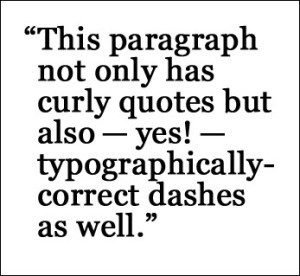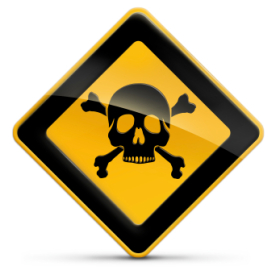5 Reasons Your Book Isn’t Written Yet (And The Cure For Each)
 Are you still hoping to write your book “some day”?
Are you still hoping to write your book “some day”?
Here are 5 reasons your book isn’t complete (or maybe even started) and how you can turn it around:
1. You Have No Time: No one has time to write a book. Yet, I’d venture that the people who get published are often the busiest people of all. No matter how busy you are, you can find time by temporarily limiting or even cutting out certain activities (cut back on e-mail, web surfing, TV, cooking or reading). Or employ help for certain tasks to get an extra few hours a week to write. Maybe you can even negotiate time off. Or wake up an hour earlier each day. I’ve seen many of my book writing students find time when they didn’t think they had any.
2. You’re Afraid You’re Not Saying Anything New: Maybe there’s nothing new under the sun, but trust that you have a unique voice and unique way of saying things that will resonate for a certain group of readers—your niche. I’ve seen many people in my book writing classes who started out sounding trite. As they mined their personal experiences and asked themselves what their patients/clients/friends/colleagues liked most about them, they found their “voice” as a writer and that made all the difference. Certainly research the other books in your area and see how you can add something new to the picture—experiential exercises, a fresh perspective or engaging anecdotes.
3. You’re Just Plain Stuck: Most times that people get stuck they just don’t have a detailed enough outline. Go deeper in your outline and you may just pull yourself out of a hole.
4. You’re Confused by How to Structure the Book: Many people come to a standstill when they wrestle with the book’s structure, or even the market or concept of the book. If you can’t tackle this one on your own, a session with a writing coach can provide the clarity you need to move forward. I take my clients through exercises that help you clarify your audience, gain clarity on your book’s outline and structure and create the tone and features that will wow your readers.
5. You’re Discouraged: Maybe the book doesn’t seem to be going where you wanted or the writing just doesn’t compel. Maybe the whole process overwhelms you. The cure for this is getting support—to write better, gain clarity or move forward. Show your book to a trusted friend or colleague to get feedback. Or, if you know it needs work, work with a professional. Or sign up for a book writing class to get the support, motivation, community and structure to see the project to completion.
 Email This Article |
Email This Article |  Dec 9, 1:58 PM
Dec 9, 1:58 PM 










